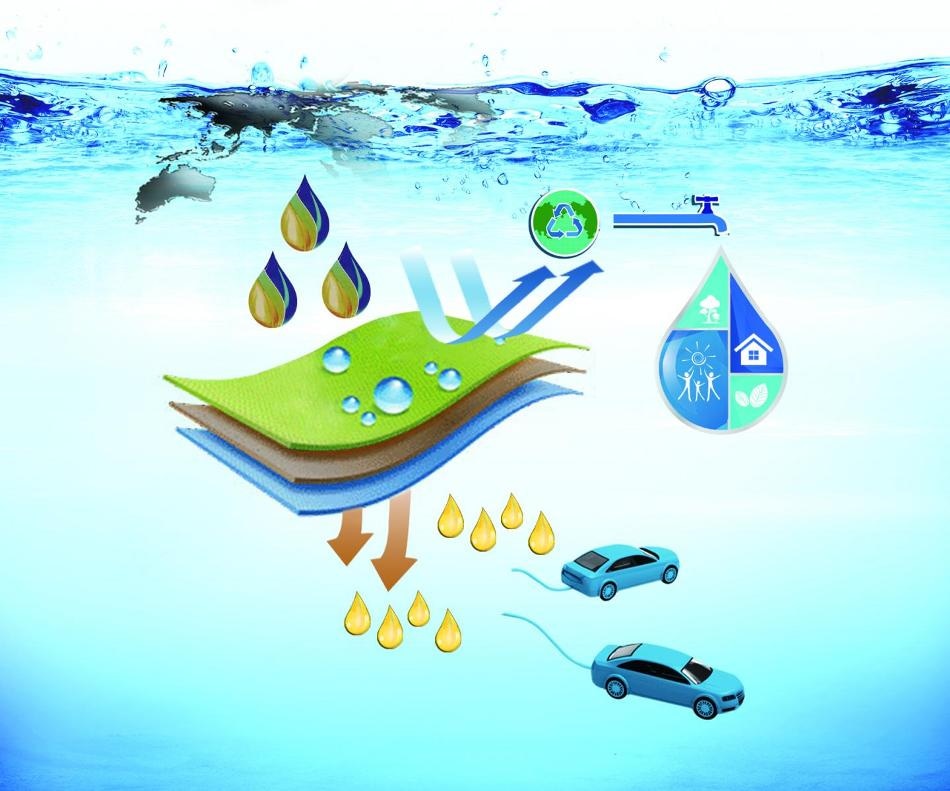Apr 24 2017
 This image shows the electrochemical performance of lithium-ion capacitors using pre-lithiated multiwalled carbon nanotubes as anode. Credit: Nanchang University
This image shows the electrochemical performance of lithium-ion capacitors using pre-lithiated multiwalled carbon nanotubes as anode. Credit: Nanchang University
A paper titled "A fast and efficient pre-doping approach to high energy density lithium-ion hybrid capacitors" has been published by researcher Minho Kim.
Internal short-circuit method (ISC) is also known as a direct contact (DC) method. The pre-lithiated can be attained through a direct physical contact between the negative electrode and lithium metal with electrolyte in pressure.
In this method, a self-discharge mechanism was used to complete the pre-lithiation process. Electrons travel through the contact point between the lithium metal and anode in the effect of potential difference. The process of ISC is controllable, fast and simple.
Pre-lithiated multiwalled carbon nanotubes and activated carbon (AC) materials were used in this paper as anode and cathode respectively for lithium-ion capacitors (LICs). The internal short circuit approach (ISC) was used to prepare the pre-lithiated multiwalled carbon nanotube anode. LICs have higher energy density than the electric double layer capacitors (EDLCs) and higher power density than lithium-ion batteries. LICs have the potential to store almost five times energy higher than conventional EDLCs. They were treated as one of the best energy storage devices, expected to have broad prospects in wind energy, solar energy, electric cars and other areas.
This research received grants from Jiangxi province education department (KJD13006). Xiaogang Sun is the corresponding author for this study.